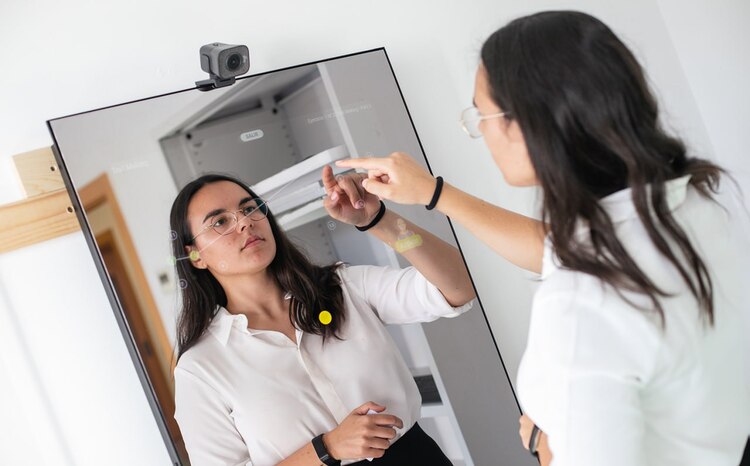Health Information More Popular than Games or Chat
- 12 December 2001
More young people go online to search for health information than to play games, chat or take part in other popular Internet activities associated with the age group.
A new US report, "Generation Rx.com", by the Kaiser Family Foundation, found that 68% of the population aged 15-24 use online media to learn about diabetes, AIDS or other health issues.
However, many young US people (46%) seeking information related to sexual health topics report having been blocked by filtering technology intended to prevent access to pornographic sites.
The majority (55%) of those who have surfed the Web for health information did so just a few times a year, but nearly four in ten (39%) did so at least once a month.
One in four said they get "a lot" of health information from the Internet.
The survey also suggests that a significant proportion of young people are acting on the health information they find online: 39% of young people who sought online health information say they have subsequently changed their behaviour based on the information they found.
While 94% say online health information is useful, many remain sceptical about the quality of online health information in general – only 17% said they trusted such information a lot. Young people still hold higher regard for health information they get from doctors (85%), parents (68%), and television news (30%).
“The Internet isn’t just about fun and games for young people anymore,” said Victoria Rideout, who heads the Kaiser Family Foundation’s studies of entertainment media and health. "We need to pay attention to the quality and reliability of the health information reaching this important audience through the Internet."
Although 73% of young people say that knowing who produced health information is very important to them, only 29% said they checked the source the last time they searched for such information.
Confidentiality was identified also identified as a key issue, with 82% saying it is "very important" to them when seeking answers to health questions online.
"The confidentiality of the Internet makes it an especially appealing destination for young people interested in sensitive issues like sex, drugs or depression," added Rideout.
Half of online young people have searched the Web to find information on specific diseases such as cancer or diabetes, while 44% have sought to learn more about topics especially sensitive for the age group, such as sexually transmitted diseases, HIV/AIDS, pregnancy and birth control.
About one-quarter have looked for information on weight issues, mental health, drugs and alcohol, and violence, the survey found.
The results were based on data gathered in a random telephone survey of 1,209 young people aged 15-24.
The full report can be downloaded at: http://www.kff.org/content/2001/20011211a/GenerationRx.pdf





